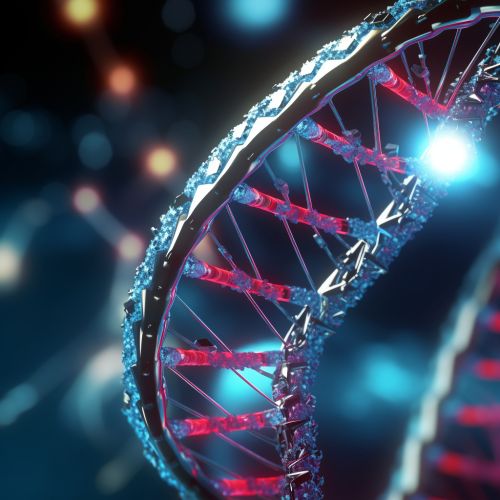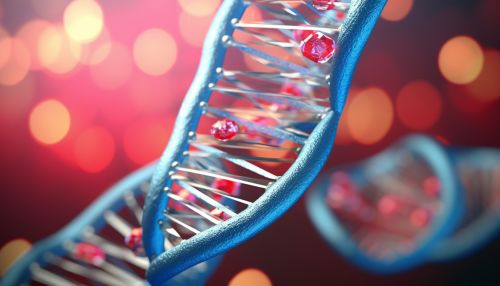The Role of Gene Editing in Personalized Nutrition
Introduction
Gene editing is a group of technologies that allow scientists to alter an organism's DNA, including adding, removing, or altering genetic material at particular locations in the genome. In recent years, these techniques have been increasingly applied to the field of personalized nutrition, a dietary approach that takes into account an individual's genetic makeup. This article delves into the role of gene editing in personalized nutrition, exploring the potential benefits, challenges, and ethical considerations of this emerging field.


Understanding Gene Editing
Gene editing is carried out using various techniques, the most common of which is CRISPR-Cas9, a system that acts like a pair of molecular scissors, capable of cutting strands of DNA at specific locations, allowing scientists to add, remove or replace genetic material. This technology has revolutionized the field of genetics, opening up new possibilities in areas ranging from medicine to agriculture.
Gene Editing and Personalized Nutrition
The application of gene editing in personalized nutrition is based on the concept of Nutrigenomics, the study of the interaction between genes and diet. Nutrigenomics seeks to understand how our genetic makeup influences our response to nutrients, and how this can be used to optimize health and prevent disease.
By editing genes, scientists can potentially alter how our bodies respond to different foods, enabling a more personalized approach to nutrition. For example, if a person has a genetic predisposition to high cholesterol, gene editing could potentially alter the genes responsible for cholesterol metabolism, allowing the person to maintain healthy cholesterol levels despite their genetic predisposition.
Potential Benefits
The potential benefits of applying gene editing to personalized nutrition are numerous. Firstly, it could allow for more effective dietary interventions, tailored to an individual's genetic makeup. This could lead to improved health outcomes, as diet is a major factor in many diseases, including heart disease, diabetes, and obesity.
Secondly, gene editing could potentially be used to enhance the nutritional content of food. For example, scientists could potentially edit the genes of crops to increase their nutrient content, creating 'superfoods' that could help to address nutritional deficiencies.
Challenges and Ethical Considerations
Despite the potential benefits, there are also significant challenges and ethical considerations associated with the use of gene editing in personalized nutrition. One major challenge is the complexity of the human genome and our still limited understanding of it. While we know that certain genes are associated with specific health conditions, the interactions between genes, diet, and health are complex and not fully understood.
Ethically, there are concerns about the potential misuse of gene editing technologies. For example, there is the potential for 'designer babies', where parents could potentially choose their child's traits, such as eye color or intelligence. There are also concerns about the potential for genetic discrimination, where individuals could be discriminated against based on their genetic makeup.
Conclusion
The application of gene editing in personalized nutrition represents an exciting frontier in the field of nutrition science. While there are significant potential benefits, there are also considerable challenges and ethical considerations that must be addressed. As our understanding of the human genome continues to grow, the role of gene editing in personalized nutrition is likely to become increasingly important.
